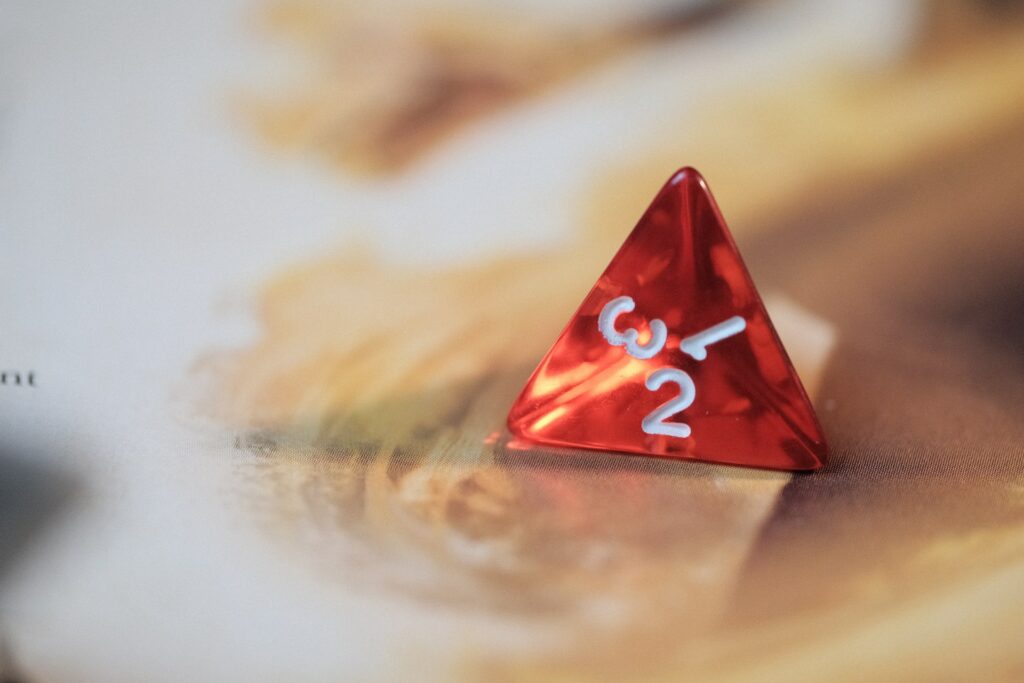
At first glance, the Numberphile website seems both charming and a tad overwhelming. The site is dedicated to numbers and explanations of math problems and math research by means of short videos. The videos are linked to via illustrations which are engaging but don’t give a casual visitor many clues as to where they are navigating. It is great for exploring though: click around and see which page you land on and then watch the video to learn something new about math.
For our readers interested in math learning differences we’re spotlighting the page on dyscalculia. Professor Brian Butterworth, of the University College London, specializes in the neuropsychology of numbers. In the Numberphile video, he chats with the interviewer on how dyscalculia manifests itself, the signs of dyscalculia, and current research on the topic. It’s a great introduction to and overview of dyscalculia.
Numberphile hosts videos from researchers based at universities around the world as well as its own “quirky range of films”, as the site describes its offerings. Numberphile is supported by the Mathematical Sciences Research Institute. We include the YouTube video on dyscalculia below; visit Numberphile’s channel for more numbers-related videos.
From Professor Brian Butterworth and Numberphile:
I’m 54 years old and just heard about dyscalculia and believe I may have suffered from this all my life. An instructor in my bachelor’s program gave me the word when I told him I had “numerical dyslexia” and told him of my symptoms specific to math. This disability with math, time as well as difficulties with a sense of direction have plagued and limited my choices all my life. I have been told I have an IQ of 136, and a high EQ. I had been a medical transcriptionist for 33 years in all fields including neurosurgery and just about every other field of medicine. I am exceptional with words, actually see words in my mind and can spell anything, I write (fiction), love to read, and my comprehension is excellent and always has been. I read at a college level in 6th grade, but…I cannot add two 2-digit numbers in my mind. I have had trouble with my finances all my life, making huge mistakes when writing, calculating or reading numbers. I have taken 6 college math courses and squeaked by with just barely passing grades when I know I tried harder than I did with anything else. The last one I had to have my daughter tutor me but also do some of it for me to get it in on time. I forget dates/times of appointments, days of the week, and special occasions. I might remember the occasions the day before but forget on the day. I’m also a nightshift worker, 12 hours overnight shift 3 days a week where I am a cardiac telemetry monitor technician. Since I started this job, I have had more difficulties with time and date as my work nights change on a weekly basis. Now that I know about dyscalculia, I am relieved to know that these difficulties might not be my fault.
My question is–could this disability have come from trauma/concussion? My first head injury was as an infant I rolled off the bed at 3 months of age, and my brother dropped me on my head when I was about 6 months old. After that, I had 5 more concussions from horseback riding, car accident (I was not driving) and other assorted sports and life injuries because I was very active and daring. I heard on one of the videos I watched that this could be congenital? My daughter, my aunt and a cousin all have dyslexia, could dyscalculia be a different but related kind of brain dysfunction?
Hi Minda,
Thank you for your comment. There are many articles online that suggest that if you suffer a concussion, stroke or aneurysm it is possible to gain a deficit in symbol, number and language recognition. However the person experiencing dyscalculia because of injury with training can regain their skills once again, this is not the case for those with congenital dyscalculia. If you have dyslexia in the family and you have experienced a problem with numbers most of your life then it is possible that it is congenital as 40% of people who have dyslexia have co-occuring dyscalculia (read more here). The evidence so far is that dyscalculia and dyslexia remain cognitively independent from each other in adulthood, yet they share some domain-general impairments, such as poor verbal short term memory span.
Hope this is of help
J